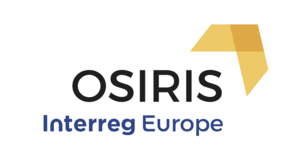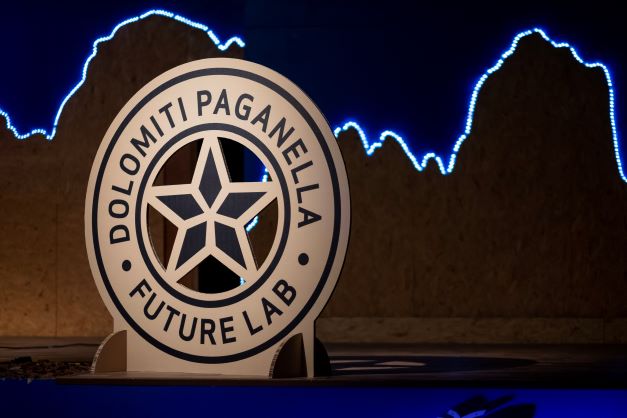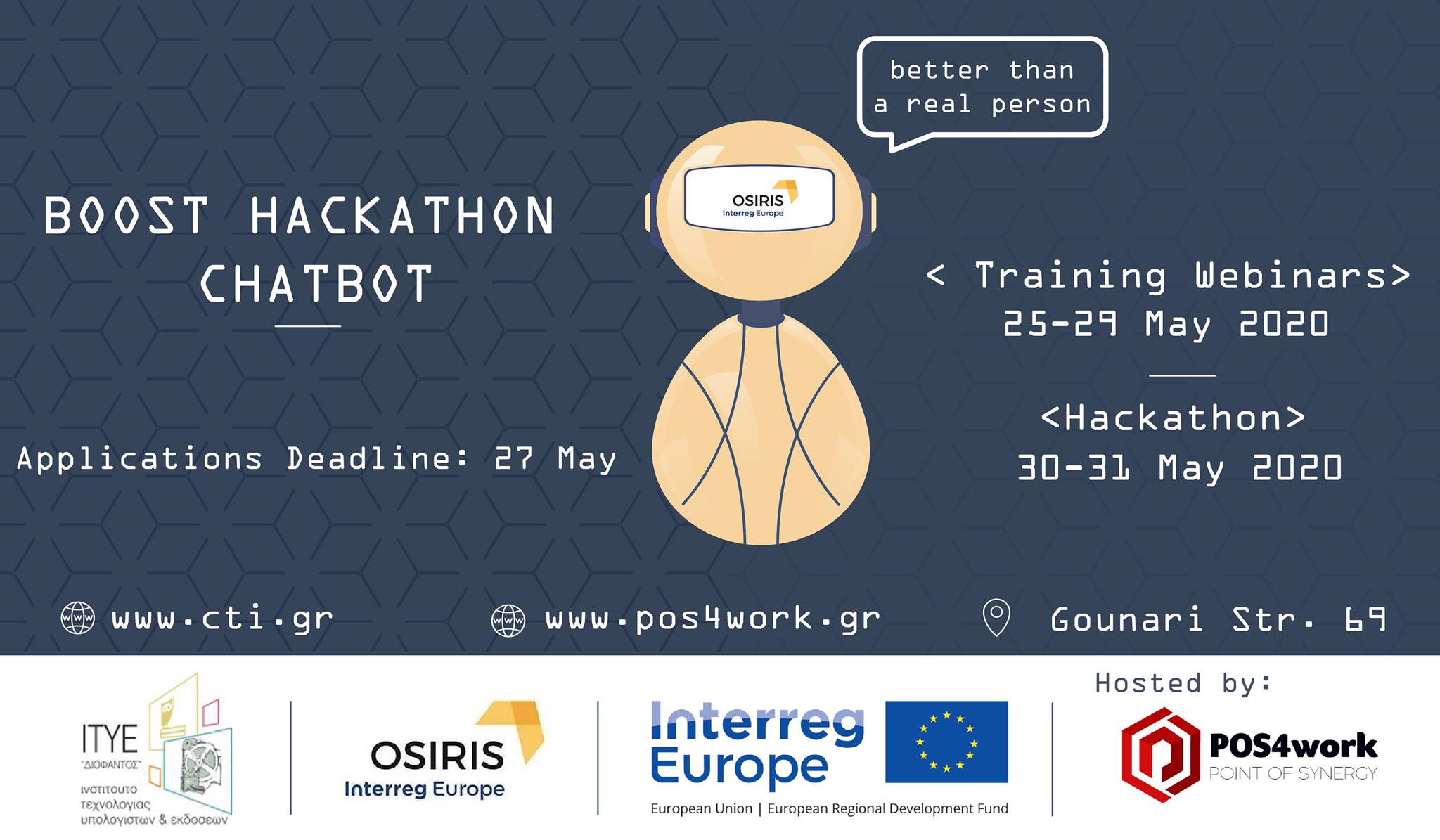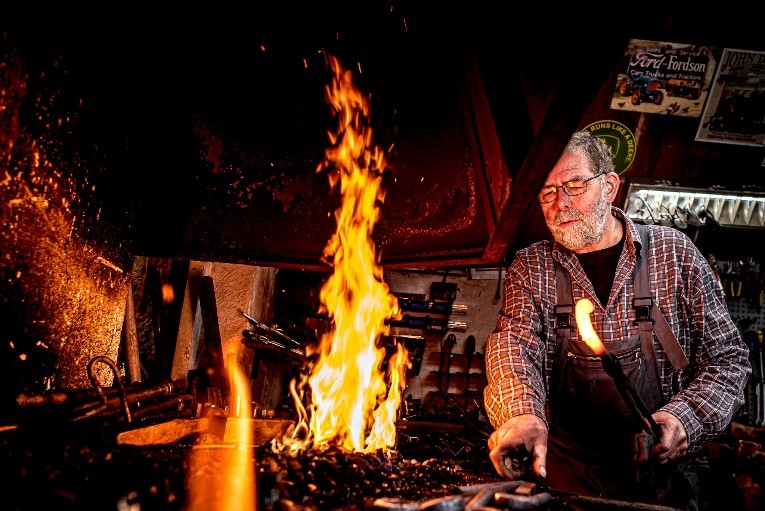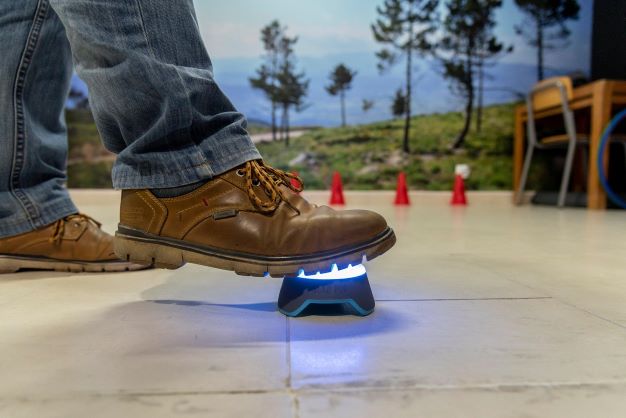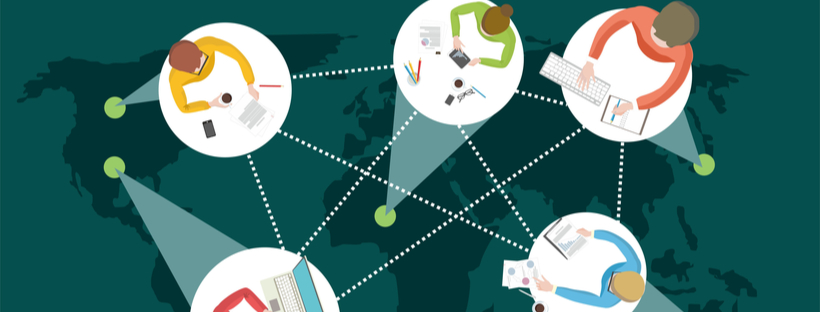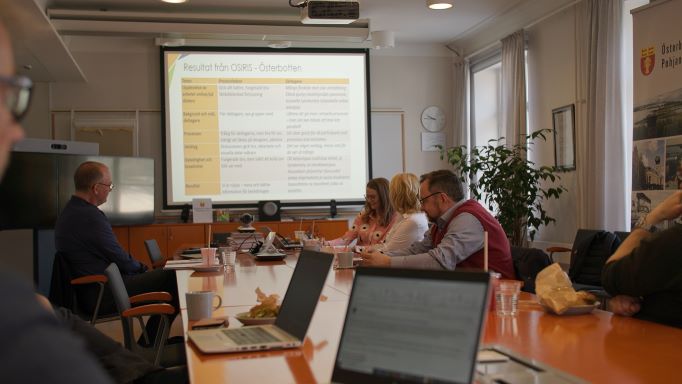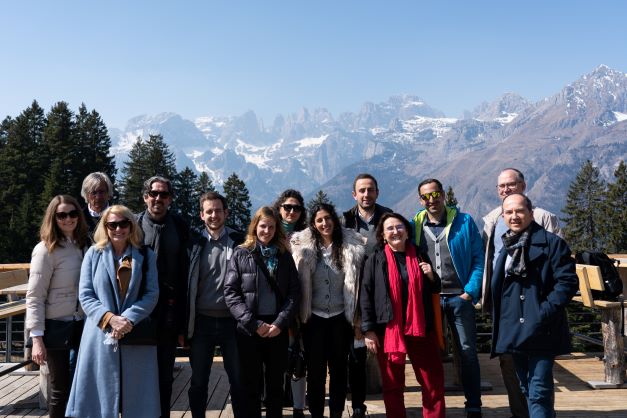One of the aims of European co-operation is to bring together professionals from different regions to exchange ideas, experiences and opinions on matters that are relevant in all corners of the Union. In OSIRIS, those matters deal with the use of open social innovation in the development of regional policy instruments – trying to find new and better ways to include different regional stakeholder groups in the creation of new services and measures for their regions.
Obviously, one way of addressing this question is to benchmark successful practices in other regions with similar challenges – in OSIRIS, for instance, the focus varies from developing the creative industry to bringing forward big data, but a common underlying theme is to create jobs and other conditions for good life in regions threatened by brain drain. The project group consists of professionals from different fields – but with a shared interest in regional development. Therefore, peer reviewing is a natural choice of method to assess the actors and processes in one region from the viewpoint of other regions looking for new solutions to adress their own challenges.
Peer reviewing – or the assessment of a challenge, a situation or a process by people of similar competence and experience as those who present the challenge, in order to make sure that good practices and solutions can be transferred from one challenge to another, has been used in European co-operation for a long time. In the OSIRIS case, Chrysostomos Stylios and Eleni Arvaniti from our Greek partner CTI Diophantus in Patras have developed two questionnaires for employing the peer reviewing process on open social innovation processes in developing regional policy instruments. In Eleni´s words: ”Our aim is a well designed methodology to enable different people, government as well as businesses, to help each other to create initiatives for open social innovation”.
When the OSIRIS partners met in Presov in April, we conducted a systematic analysis of regional authorities and stakeholders in the forwarding of the creative economy, and did indeed come up with a number of possible lines of action in our collaborative workshop. We also gained the added value of learning from each other; as the project advances, we will hopefully be better in recognizing a good thing when we see it.
The next time we meet, in Lycksele at the end of May, two more workshops will be held, addressing the challenges of Västerbotten and Ostrobothnia, and as we go through the co-creation workshops in each region, we will cover the range of regions and challenges within the project – hopefully creating a body of knowledge for the larger picture as well, useful in similar settings all around the EU.
Kimmo Rautanen
Åbo Akademi University
